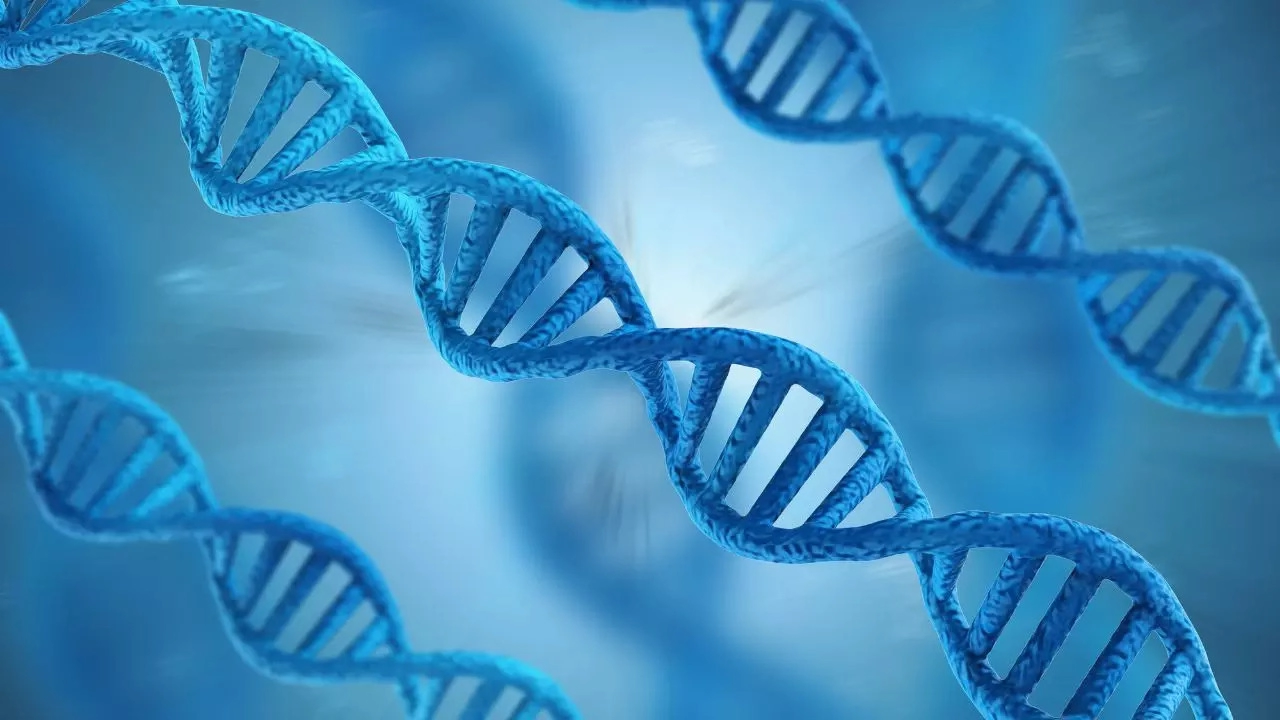Debosmita Ghosh • 14 Sep 2024
Study Discovers 174 Genes Common To Both Dyslexia And ADHD

174 Genes Common To Both Dyslexia And ADHD Discovered
A new study has identified 174 genes shared between dyslexia and attention deficit hyperactivity disorder (ADHD). The research shed new light on their genetic origins. The study was led by researchers from the University of Edinburgh, UK and published in the journal Molecular Psychiatry. The researchers said that of the 174 genes, 121 had not been previously identified. They also located 49 genetic regions shared between the neurodevelopmental disorders.
Dyslexia is a disorder wherein the individual faces difficulty reading due to problems identifying speech sounds and learning how they relate to letters and words (decoding). Also called a reading disability, dyslexia is a result of individual differences in areas of the brain that process language. This is not due to problems with intelligence, hearing or vision. Most children with dyslexia can succeed in school with tutoring or a specialised education program.
On the other hand, ADHD is one of the most common and most studied neurodevelopmental disorders in children. It is a chronic brain condition that causes executive dysfunction, which means it disrupts a person’s ability to manage their own emotions, thoughts and actions. People with ADHD have difficulty managing their behaviour, paying attention, controlling overactivity, regulating their mood, staying organised, concentrating and sitting still.
The authors of the study said that the findings of the study shed new light on the genetic origins of dyslexia and show how they overlap with those of ADHD. The results also help understand the biology behind dyslexia and ADHD which can often occur together in people, but the genes underlying these conditions distinguish them from other mental diagnoses such as autism, bipolar disorder and schizophrenia they said.
For the study, the researchers analysed genetic datasets from the Psychiatric Genomics Consortium (PGC). The researchers also used dyslexia genetic statistics from an analysis of around one million people in collaboration with 23andMe which is a US-based genomics and biotechnology company.
The team used statistical tools to find clusters of genes underlying similar traits for dyslexia and 10 other neurodevelopmental and psychiatric traits, including ADHD, autism, bipolar disorder and schizophrenia.
The authors wrote, “We further investigated genetic variants underlying both dyslexia and ADHD, which implicated 49 loci (40 not previously found in GWAS of the individual traits) mapping to 174 genes (121 not found in GWAS of individual traits) as potential pleiotropic variants.”
GWAS refers to genome-wide association study which is a research method which analyses genomes of several people to pin-point genes linked to a certain trait or disease. Pleiotropy is where the same variant of a gene is responsible for multiple traits simultaneously.
Austeja Ciulkinyte, lead researcher and a PhD student of translational neuroscience at the University of Edinburgh said, “This is the first time that genetic links to dyslexia have been studied in the context of psychiatric traits. In the future, other learning difficulties such as dyscalculia or dyspraxia should be included to allow for a more nuanced understanding of the relationships between them.”
(With inputs from PTI)
Get Latest News Live on Times Now along with Breaking News and Top Headlines from Mental Health, Health and around the world.